- Details
The ninth National Biotech Week will open on November 25, Monday, at the Arroceros Forest Park in Manila City and will run until November 29, Friday.
The five-day event has the theme “Bioteknolohiya para sa Kalikasan, Kalusugan, Kagandahan, Kabuhayan at Kaunlaran” with the Department of Education (DepEd) as this year’s lead agency. Partner institutions of the event include the departments of Science and Technology, Agriculture, Environment, Interior and Local Government, Trade and Industry; Commission on Higher Education; and the Biotechnology Coalition of the Philippines.
Read more: 9th National Biotechnology Week opens Nov. 25 at Mehan Gardens in Manila
- Details
At a children’s hospital in the United States, robots are roaming the corridors to bring food trays to patients. Such system relieves nurses from the tedious and time consuming chore of pushing food carts inside the hospital every day.
This is one way of making healthcare smarter which involves optimal use of technology to do things better.
- Details
A livelihood cooperative specializing in water hyacinth products can expect more productivity after receiving a water hyacinth dryer developed by Department of Science and Technology’s Forest Product and Development Institute (DOST-FPRDI).
The Rizal-based Bangon Kababaihan Bagong Cainta (BKBC) cooperative acquired the dryer through“Shared Service Facility” project of the Department of Trade and Industry (DTI) - Region IV-Ain aturnover ceremony held recently at the BKBC Livelihood Production Center.
Read more: DOST’s water hyacinth dryer helps Cainta women weave better lives through handicrafts

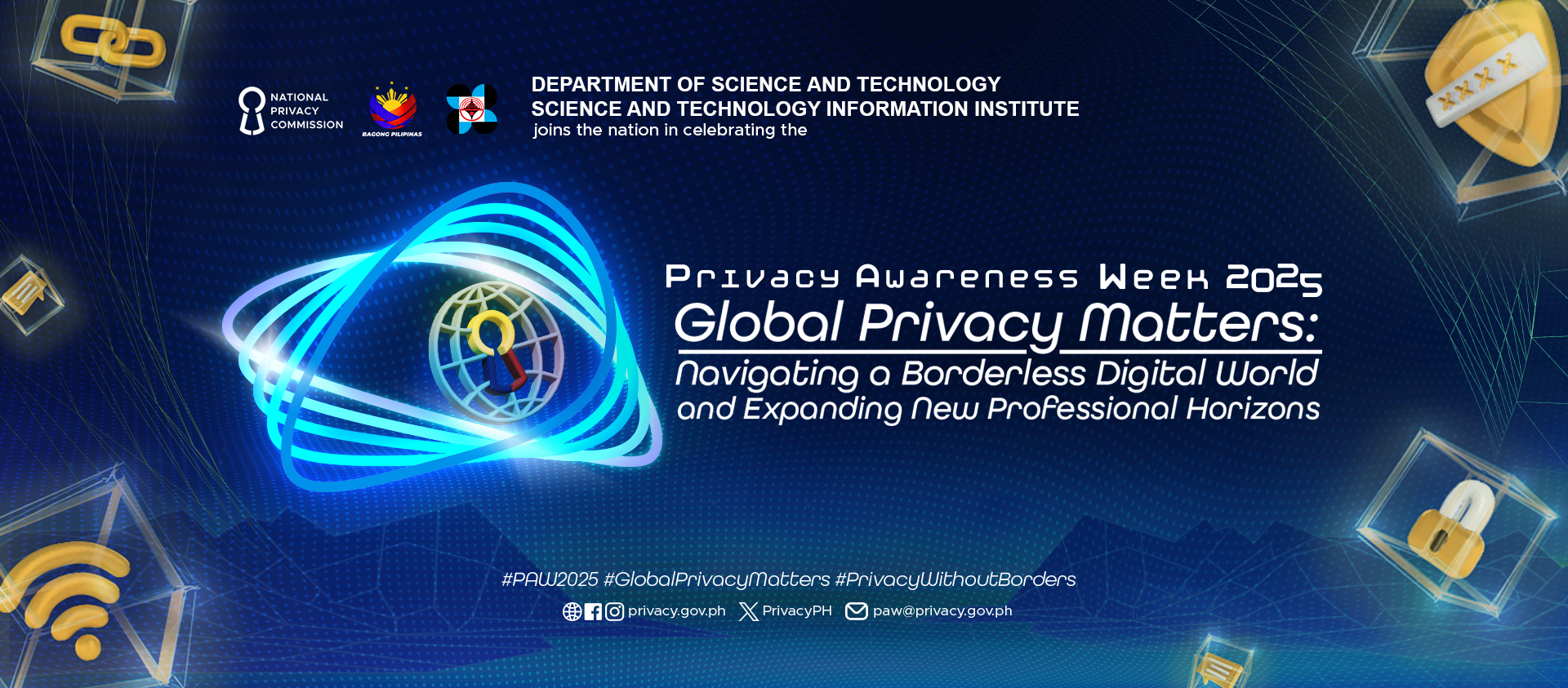
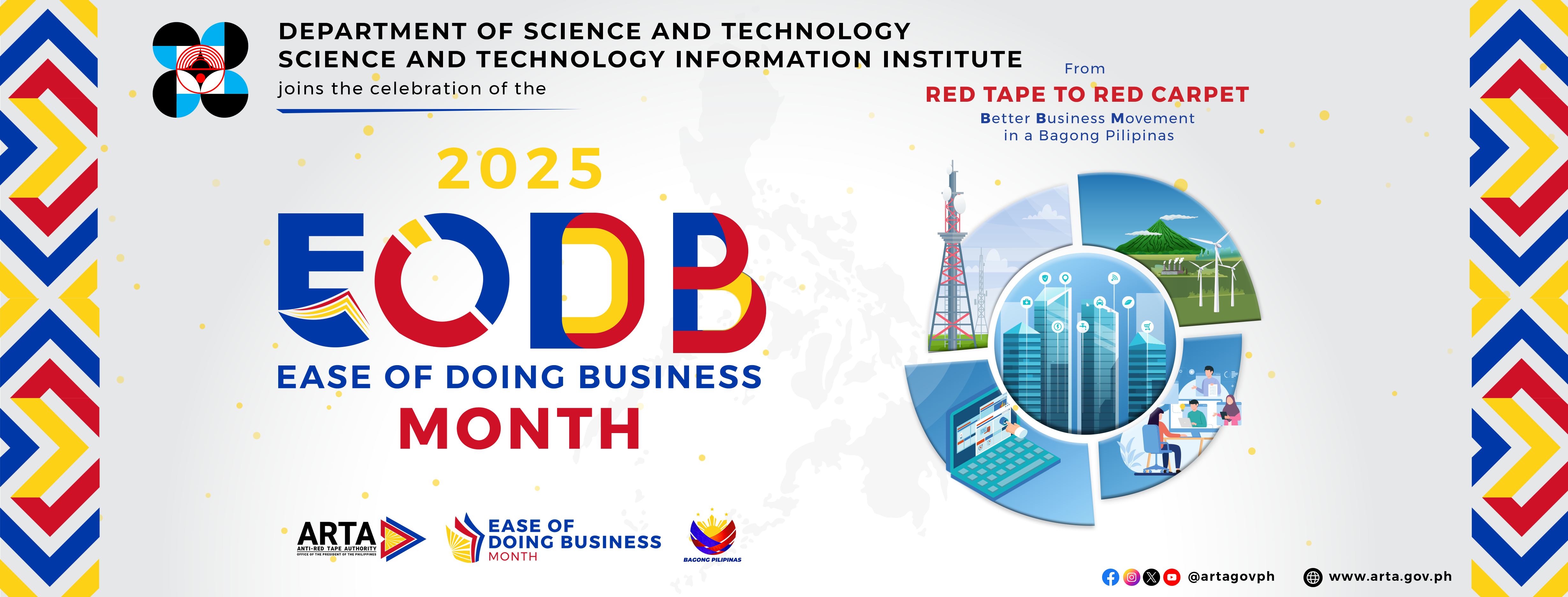

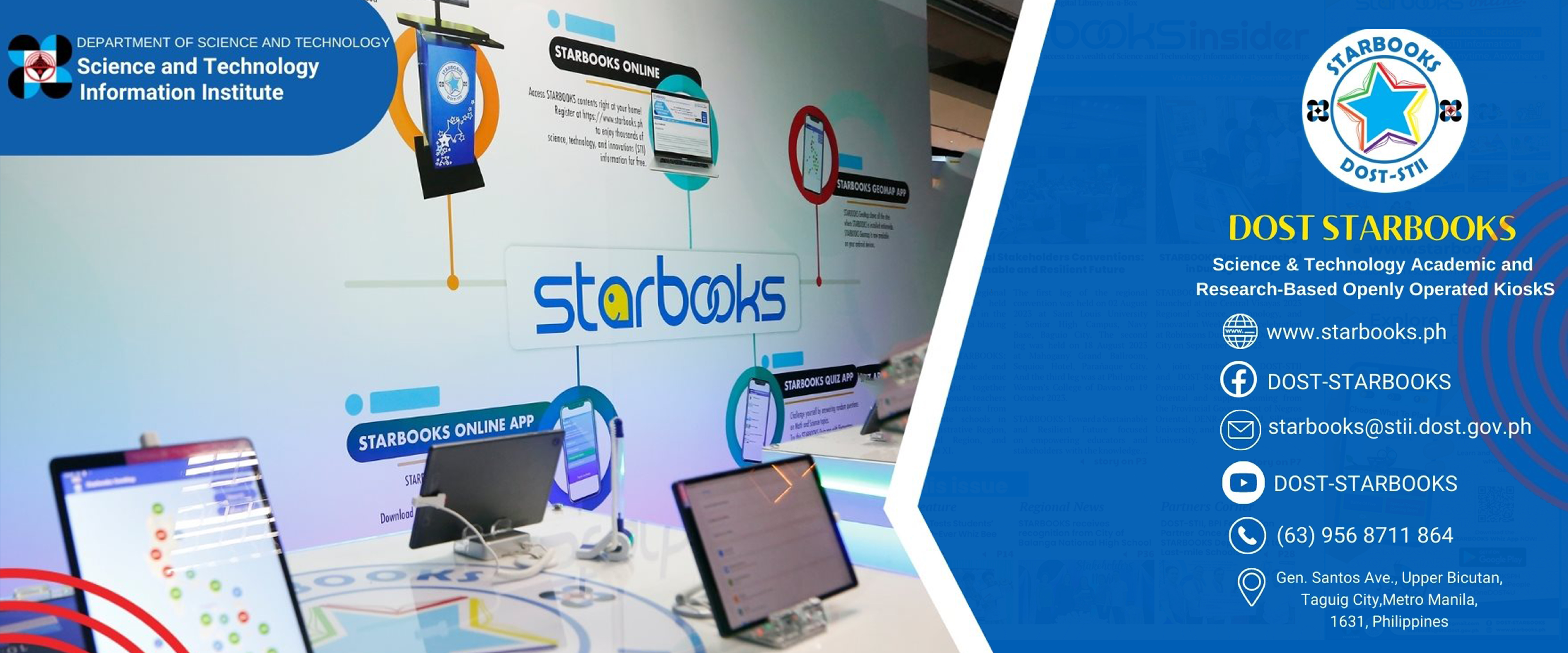











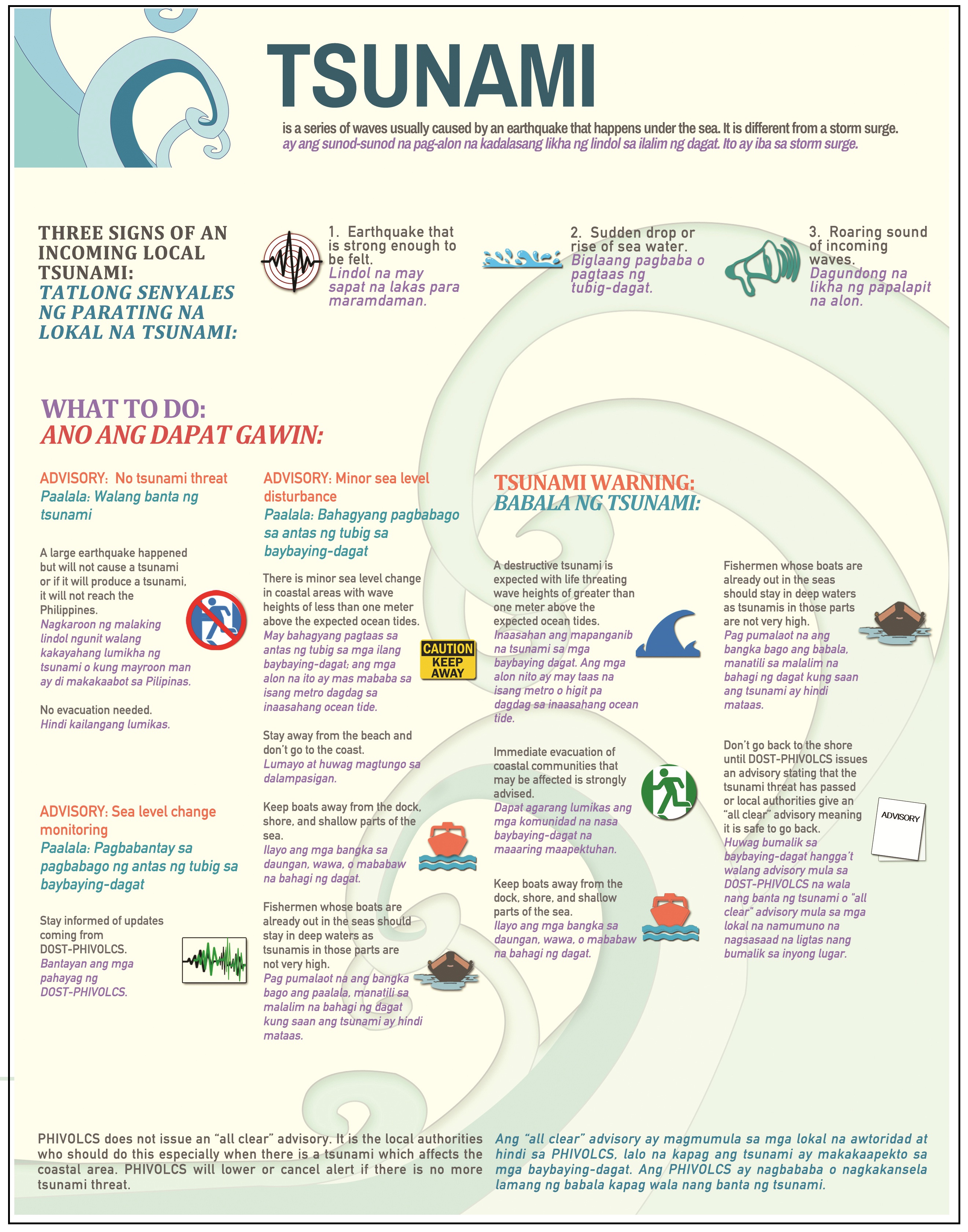
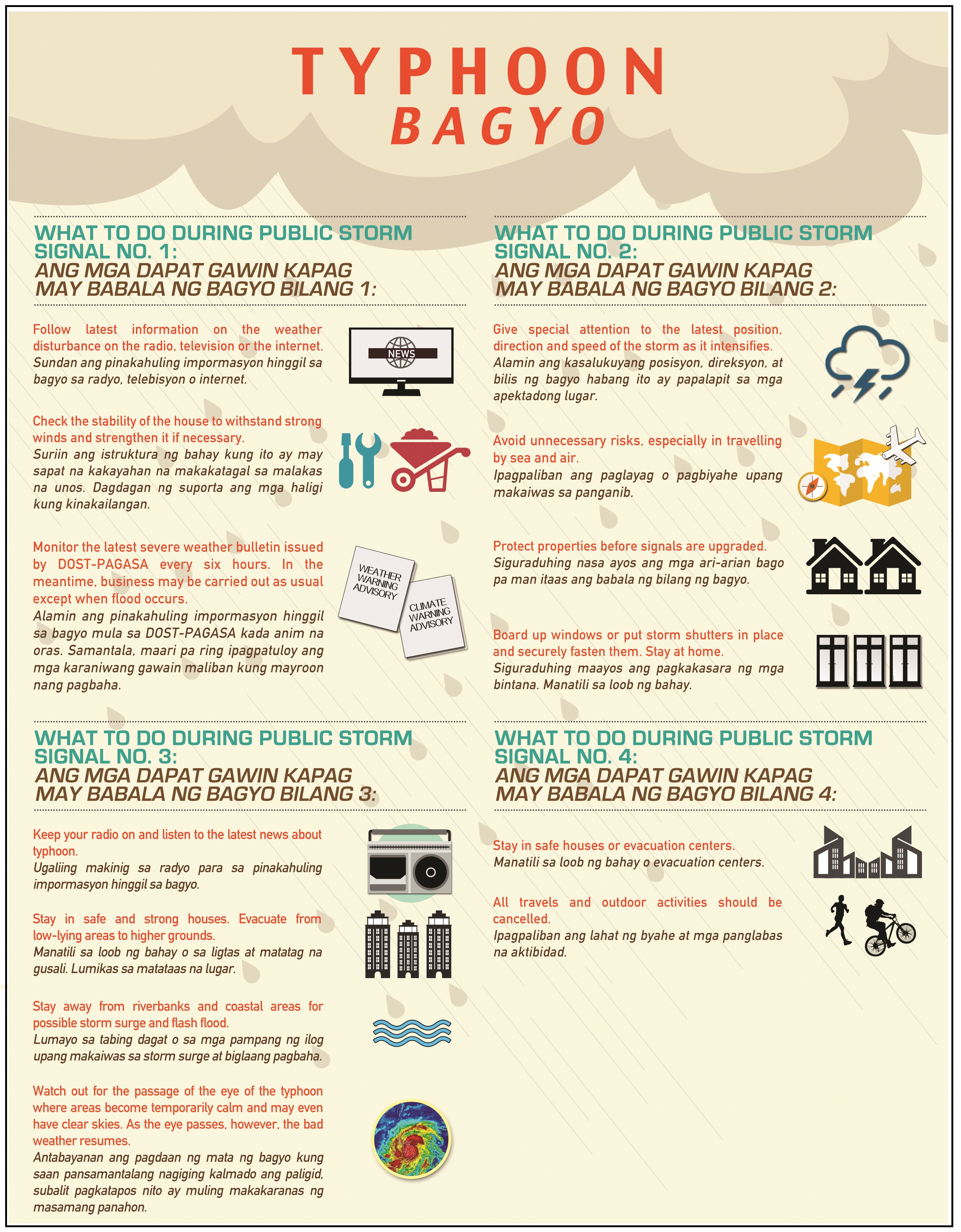
 21 in 2021 Technology Catalogue
21 in 2021 Technology Catalogue 21 in 2021 Technology Catalogue
21 in 2021 Technology Catalogue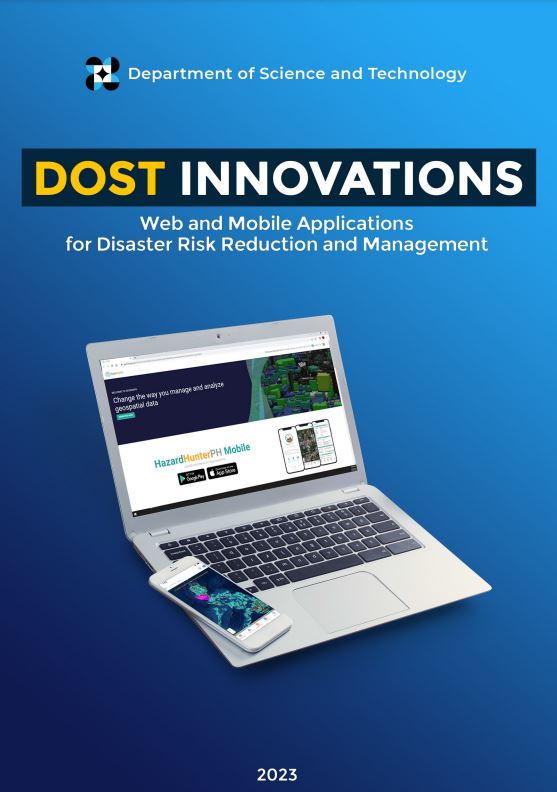 DOST Innovations - Web and Mobile Applications for Disaster Risk Reduction and Management
DOST Innovations - Web and Mobile Applications for Disaster Risk Reduction and Management